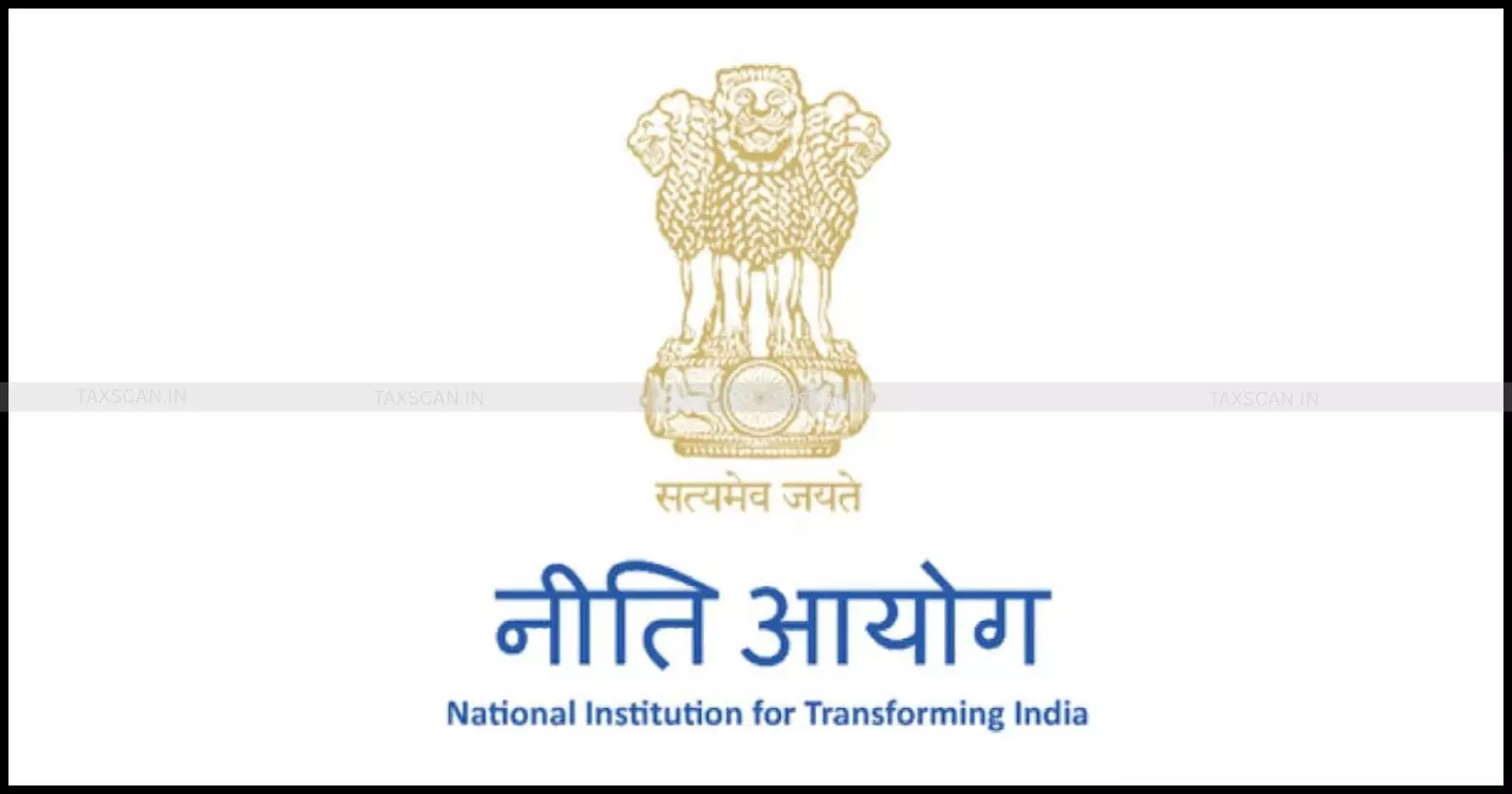NITI Aayog Proposes Transformative Tax Framework to Enhance Foreign Investment in India
NITI Aayog unveils tax reforms enhancing foreign investment, permanent establishment clarity, and presumptive taxation scheme in India

NITI Aayog has unveiled a transformative tax framework aimed at boosting foreign investment in India by enhancing certainty, transparency, and predictability in tax rules governing Permanent Establishments (PEs) and profit attribution. This framework is detailed in the first paper of its Tax Policy Working Paper Series, titled "Enhancing Tax Certainty in Permanent Establishment and Profit Attribution for Foreign Investors in India," emphasizing reforms to address long-standing tax uncertainties faced by foreign investors.
Key Highlights of the Tax Framework
The framework responds to the complexities and ambiguities in India's current PE definitions and profit attribution methodologies which affect the inflow of Foreign Direct Investment (FDI) and Foreign Portfolio Investment (FPI). PEs, defined as fixed places of business through which an enterprise operates partly or wholly in India, fundamentally determine India's taxing rights over foreign companies' business income. The Indian Income Tax Act, 1961, uses the term "Business Connection," while Double Taxation Avoidance Agreements (DTAAs) detail specific PE definitions. India has progressively expanded the PE concept through significant economic presence (SEP) criteria for taxing digital businesses lacking physical presence in the country.
Want a deeper insight into the Income Tax Bill, 2025? Click here
However, ambiguities and inconsistent application of PE rules and profit attribution principles have created significant compliance burdens, tax litigation, and investor uncertainties. The proposed framework seeks to remove these hurdles by laying down clear tax rules, improving administrative efficiency, and fostering dispute resolution mechanisms aligned with international best practices.
Optional Presumptive Taxation Scheme
One of the standout proposals is an optional, industry-specific presumptive taxation scheme for foreign companies operating through PEs in India. This scheme allows foreign investors to opt into simplified tax compliance with pre-agreed profit attribution norms and tax rates. The presumptive scheme is expected to reduce lengthy tax disputes by providing predictable tax outcomes and administrative clarity. NITI Aayog suggests the Ministry of Finance consider this scheme for inclusion in future Finance Bills following stakeholder consultations.
Broader Reform Recommendations
Beyond presumptive taxation, the working paper recommends legislative clarity on PE definitions, stronger alignment with international tax norms, enhanced transparency, and effective dispute resolution frameworks. These reforms aim to foster a stable and investor-friendly tax regime, encouraging sustained FDI and FPI growth, which have witnessed remarkable increases over the past two decades due to India's large market, demographic dividend, and ongoing economic reforms.
How to Audit Public Charitable Trusts under the Income Tax Act Click Here
Collaborative Development and Future Steps
The working paper was developed through extensive consultations involving government departments such as the Central Board of Direct Taxes (CBDT) and the Department for Promotion of Industry and Internal Trade (DPIIT), professionals from ICAI, and tax experts from major consulting firms like Deloitte, EY, and Lakshmikumaran & Sridharan. This collaborative governance approach underlines the commitment to build a transparent and efficient tax policy framework.
NITI Aayog recommends forming a dedicated working group to draft precise legal provisions incorporating these reforms. Once constituted, the group would engage with international treaty partners and industry to finalize proposals, which would be tabled in upcoming Finance Bills to ensure timely implementation.
Impact on India's Investment Climate
The proposed framework is expected to significantly boost investor confidence by offering greater tax predictability, reducing compliance costs, and minimizing controversies related to PE interpretations and profit attribution. This could attract higher-quality and sustainable foreign investments, further securing India's tax base and supporting the Vision 2047 goal of long-term economic growth.
In conclusion, NITI Aayog's game-changing tax policy reforms constitute a landmark step towards simplifying India's tax landscape for foreign investors, reinforcing India's position as a preferred investment destination globally in a highly competitive environment.
The full working paper can be accessed on NITI Aayog's website for detailed insights.
This comprehensive reform package balances the need for safeguarding India's tax interests while making compliance easier and more predictable for foreign businesses, thereby setting the stage for a new era of enhanced global investment partnerships in India .
Support our journalism by subscribing to Taxscanpremium. Follow us on Telegram for quick updates


